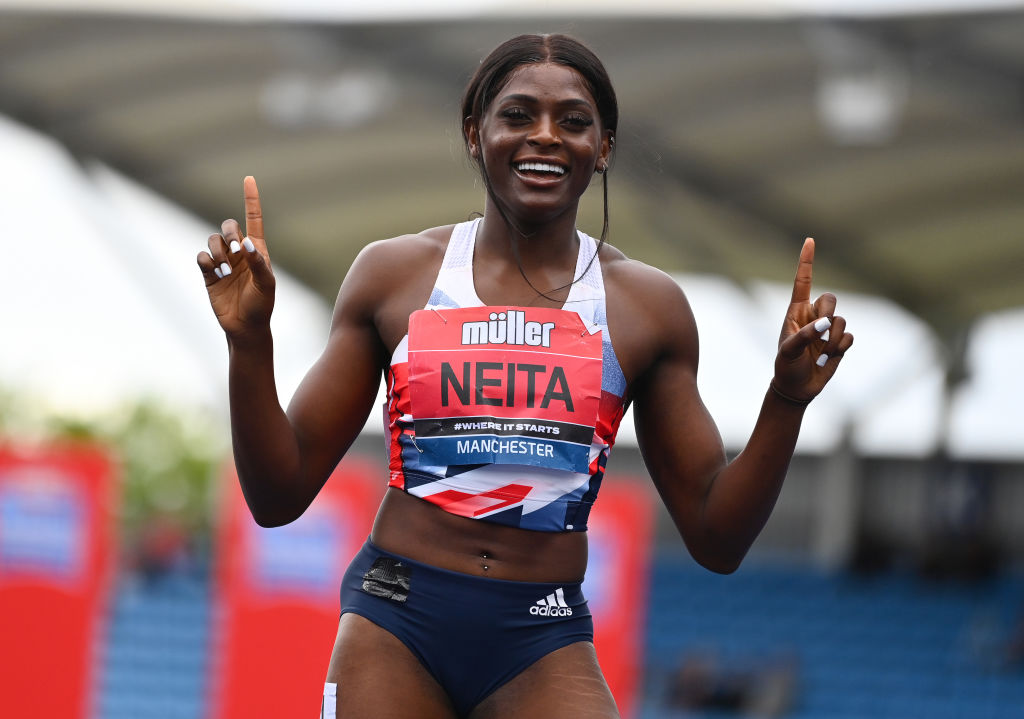World track and field in need of resurrection ahead of major championships

The tectonic plates of British athletics shifted at the weekend as favourites fell to underdogs and new records were broken.
As Jeremiah Azu and Daryll Neita won 100m British titles, toppled favourites and looked to book spots at this year’s World Championships in Eugene, US, you’d be forgiven for not knowing it was even going on.
The headlines in the world of track and field were last week taken up by World Athletics president Lord Coe and his opinions on transgender athletes, but multiple leading athletics nations were preparing for their national championships – the United States, Ireland, the UK and Jamaica among them.
In February this year the BBC signed a four-year partnership to show the sport after UK Athletics failed to find a deal the year prior.
The British Championships were this week confined to the Red Button – the two showpiece finals relegated from the two primetime channels due to a mix of Glastonbury and Catchpoint.
Four-time Olympic gold medalist and part-time BBC athletics pundit Michael Johnson has long been critical of the sport globally and its failure to shift with modernising times – especially in the US.
He has called for the sport to stop being obsessed with times and distances athletes post and instead focus on head-to-heads and making the sport financially viable for athletes.
Competitors remain sponsorless, sometimes homeless – American athlete Teejay Holmes said this weekend that “the past seven months I stayed in my car” – and the sport continues to struggle for prime time slots. Is it just losing its place among competitors?
Athletics is incredible, and the sport is captivating, but it’s in need of a resurrection. The young British talent that shone in Manchester at the weekend offers hope for the future of the sport in the UK, and it could be time for the various governing bodies to help us fall in love with track and field once again.